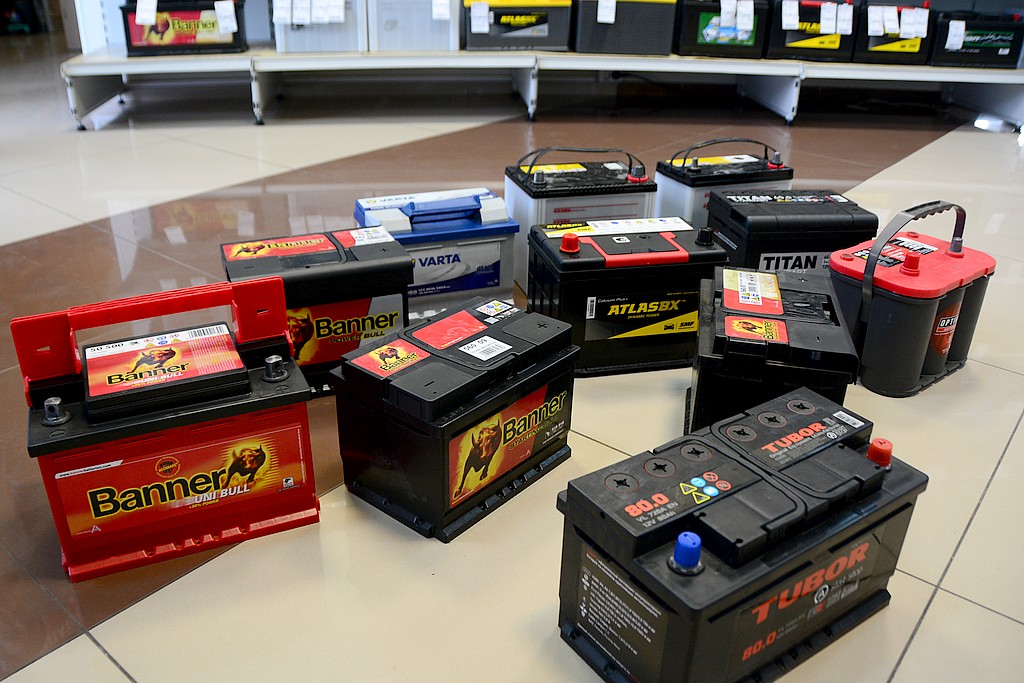
Does the battery like summer?
The question posed in the title of this article should be answered briefly - no! Moreover, car batteries - oddly enough - love summer no more than winter. So what makes high temperatures worse for car batteries?
Higher temperature - faster discharge
When the car is parked for a long period of time, especially in a sunny place, the battery self-discharges. This process is greatly accelerated at high ambient temperatures. Remember that manufacturers, indicating the time after which it will be necessary to recharge a car battery, usually indicate an ambient temperature of 20 degrees C. If it rises, for example, to 30 degrees Celsius, then the risk of battery discharge doubles. This process is even faster at warmer temperatures, and during this summer we have had several days with temperatures well over 30 degrees, even in the shade. So when we have the nasty surprise of not being able to start a car engine, we should consider "borrowing" electricity with cables for jump start or roadside assistance.
Control voltage (preventively)
Before going on a long trip (for example, on vacation) or after a long car inactivity, it is worth checking the battery level with a voltmeter. The correct voltage value for a fully charged car battery should be 12,6 V. A voltage drop to 12,4 V indicates that it is discharging and needs to be recharged using a rectifier. This last lesson is not as difficult as it was ten years ago. Currently available so-called smart rectifiers do not require constant monitoring of their work. After specifying the type of battery being charged, they themselves choose the current strength and charging time. The latter is automatically interrupted at the right time, without damage to the car battery as a result of a possible overcharge.
Beware of electricity eaters!
Experts advise checking the so-called. battery drain. What is it about? In any car, even in a parking lot, some of its devices constantly consume energy from the battery. Such current sinks include, for example, signaling and driver memory. During normal operation, there is no risk of discharging the battery, however, any damage can lead to increased energy consumption and, as a result, to the inability to start the engine. Therefore, if we find an excessive loss of energy, we must seek help from the electrical workshop.
New battery? Think about help
After all, there are always costs — including car batteries. In cases of high discharge or earlier (read: winter) problems with starting the engine, you should consider buying a new car battery. What should we pay attention to when choosing the right battery for our car? First of all, it must be adapted to powered devices: installing a battery with too much capacity will lead to its constant undercharging, otherwise we will have problems starting the engine. It is also worth choosing - although they are more expensive than standard - batteries with the Assistance package. Why? Having such a battery, we can be sure that in case of its sudden discharge, we will receive help from the service network, i.e. to be specific, its representatives will come to the parking lot of the car and start it by connecting our battery to the starter battery, they fail. And finally, one more important note: no matter what type of new battery you choose, it is worth considering buying a modern charger. The latter will help us avoid unpleasant surprises as a result of mines. from a discharged battery due to overheating.
